
The rise of the Islamic finance market into a dynamic global industry—growing at a steady rate of 10–15% annually and now valued at over $4.5 trillion in assets under management (AUM)—has given birth to a wide range of Shariah-compliant financial products. Among the most prominent is Sukuk, often referred to as Islamic bonds.
Origins of Sukuk
The term Sukuk comes from the Arabic word sakk, meaning a legal instrument, deed, or cheque. The earliest recorded Sukuk transaction took place in a mosque in 7th-century Damascus, Syria.In modern times, Sukuk gained traction in the 20th century. Malaysia issued its first Sukuk in 2000, followed by Bahrain in 2001. Since then, Sukuk has become a cornerstone of the Islamic capital market.
The Growth of the Sukuk Market
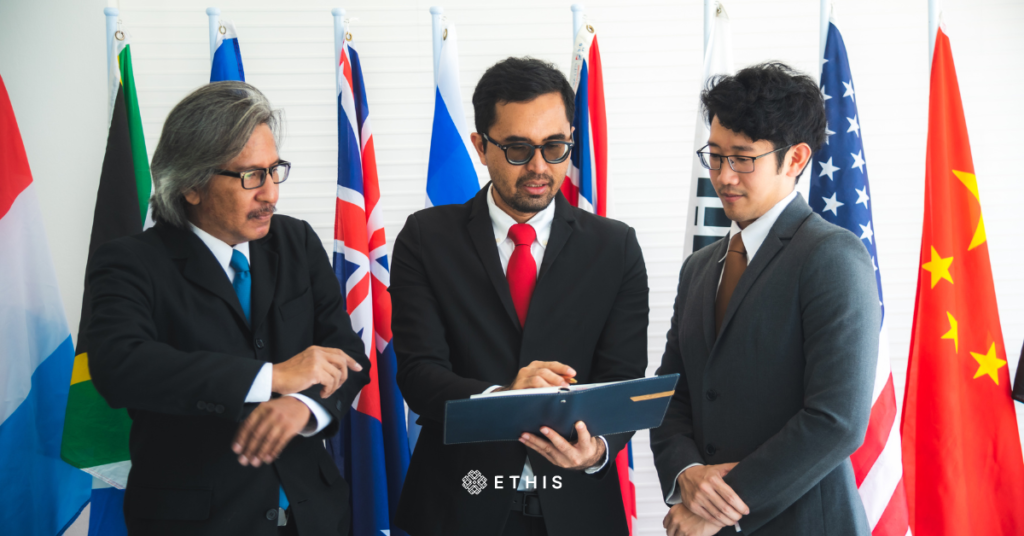

According to the 2024 International Islamic Financial Market (IIFM) Sukuk Report, global Sukuk issuances in 2023 reached $210 billion, up from $188 billion in 2021.
While Malaysia, Indonesia, the GCC, and Turkey still account for the majority of issuances, new players like Pakistan, Egypt, Nigeria, and Bangladesh are becoming more active. In recent years, even non-Muslim-majority countries such as the UK, Luxembourg, and Hong Kong have tapped into Sukuk to attract ethical investors.
Growth has been driven by:
- Governments using Sukuk for infrastructure and green projects.
- Rising demand for sustainable and ESG-linked Sukuk.
- Strong appetite from global investors seeking ethical and low-risk alternatives.
Related: How Sukuk is a Driving Force in the Development of Islamic Finance
What is Sukuk and How Does It Work?
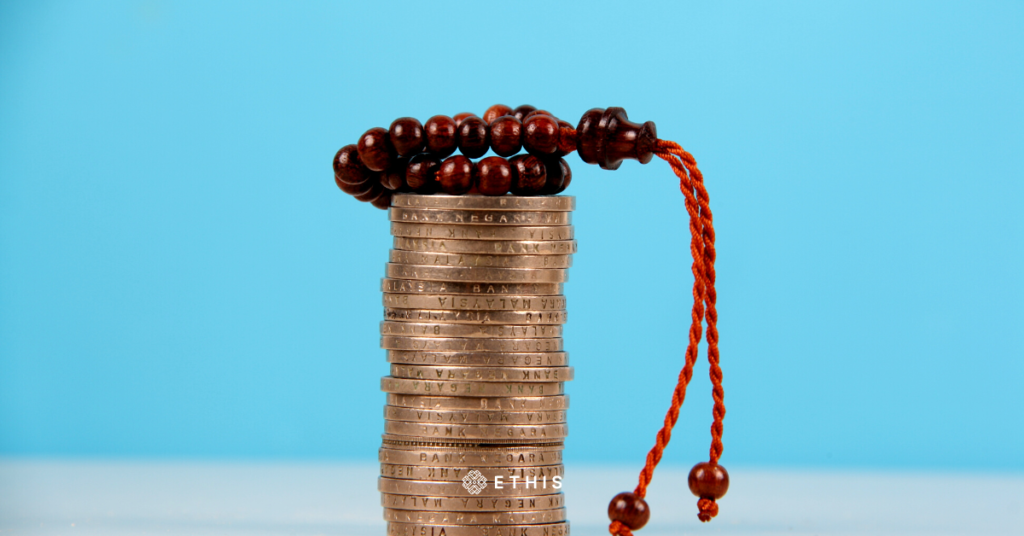

In simple terms, Sukuk is a Shariah-compliant financial certificate representing partial ownership in an asset or project. While often compared to conventional bonds, there is a key distinction: Sukuk avoids riba (interest) and instead provides returns based on profit-sharing or rental income from underlying assets.
How it works:
- The issuer sells Sukuk certificates to investors.
- Proceeds are used to purchase an asset or fund a project.
- Investors gain partial ownership and receive returns generated by the asset.
- The issuer agrees to buy back the Sukuk at maturity.
Sukuk vs. conventional bonds
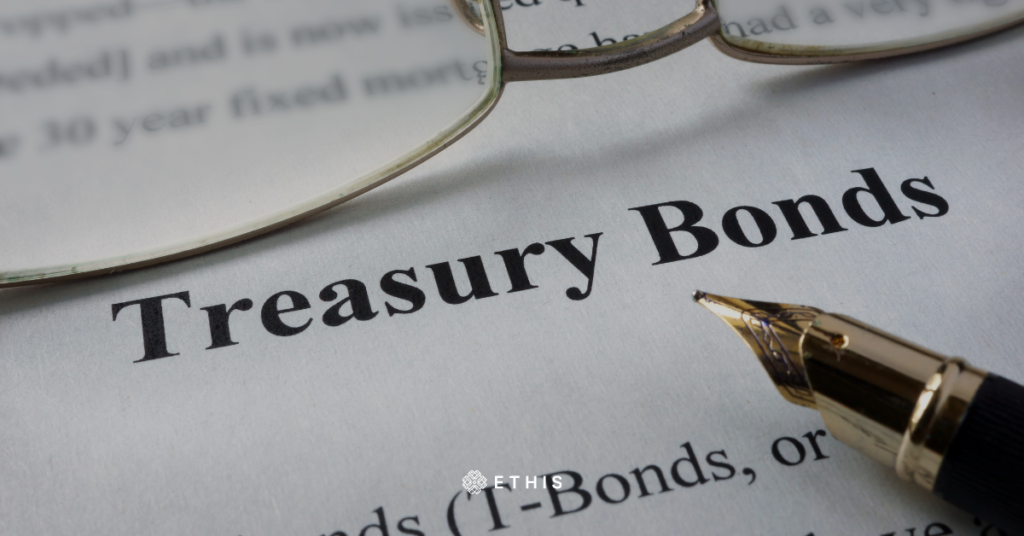

Sukuk is an economic and equitable joint venture between the issuer and the investors. Assets acquired by the Sukuk issuance are jointly owned and managed to generate profits. Sukuk bondholders do not receive interest on debt but receive part-ownership and are paid returns as the asset earns money.
Sukuk links the returns and cash flows of debt financing to a specific purchased asset, allowing investors to receive the benefits of debt financing, but only for financing that is raised for identifiable assets.
On the other hand, bonds are investment securities where investors lend money to a company or a government for a given period in exchange for regular interest payments. Upon maturity, the bond issuer returns the investor’s capital, and profits are generated via fixed payments that an investor receives over the life of the bond.
Below are some key differences between Sukuk and conventional bonds according to the Corporate Finance Institute:



| Sukuk | Bonds | |
| Ownership | Partial ownership of the asset | Debt obligation |
| Compliance | Shariah-compliant | Non-shariah compliant and complies with country/region of issuance |
| Pricing | Based on the value of the underlying asset | Based on the issuer’s creditworthiness |
Sukuk vs. conventional bonds: the similarities
- Both Sukuk and bonds pay investors a stream of payments. The difference is that conventional bond payments come with interest, while Sukuk investors profit from the underlying asset’s value.
- Both Sukuk and conventional bonds are considered less risky investments relative to equity.
- The issuers initially sell both Sukuk and conventional bonds to the investors.
Related: What makes Sukuk Halal?
Malaysia: a hub for Sukuk investments


Malaysia remains the world leader in Sukuk, accounting for around 40–45% of global issuances. It pioneered many innovations, including green Sukuk and sustainability-linked Sukuk.
While Malaysia leads, other regions are catching up. Saudi Arabia and the UAE are rapidly growing issuers, and African nations like Nigeria and Egypt are exploring Sukuk to finance infrastructure and social projects. According to Moody’s Investors Service, Malaysia continues to dominate global Sukuk issuance volumes in the long-term and short-term markets. Still, there is an increasing number of issuers from new markets, including non-Muslim markets, according to S&P Dow Jones Indices.
Types of Sukuk
Sukuk can be issued by governments (sovereign), state-owned entities (quasi-sovereign), international organizations (supranational), or corporations.
Each of these Sukuks employs slightly different structures according to the Accounting and Auditing Organisation for Islamic Financial Institutions (AAOIFI).
In line with global sustainability trends, green and social Sukuk have gained popularity:
Green bond and Sukuk – Proceeds from green bonds and Sukuk will fund environmentally friendly projects like renewable energy and climate change.
Social bond and Sukuk – Proceeds will fund projects with positive socio-economic issues such as food security, healthcare, and education for an identified target population.
Sustainability bond and Sukuk – Proceeds will fund projects that bring clear environmental and social-economic benefits.
Pros of Sukuk investments
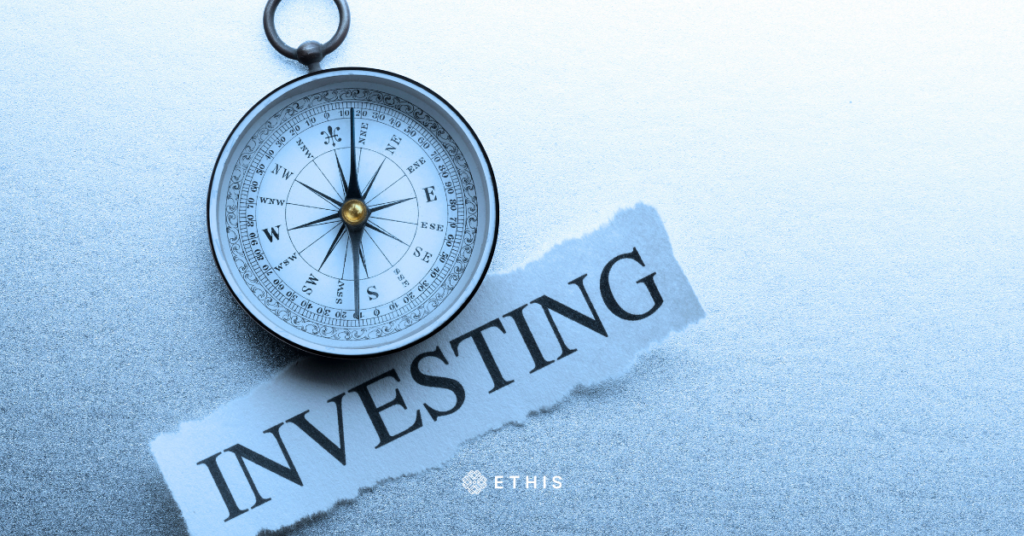

The structuring process of a Sukuk is rigorous and overseen by several stakeholders to ensure that it remains shariah-compliant and does not violate any tenets of Islam.
The comprehensive process also ensures that Sukuk is an ethical investment as it would not finance any activity considered harmful to society and would appeal to institutional and impact investors alike.
Sukuk is suitable for socially conscious investors, and as per Shariah law, funds raised via Sukuk must be invested in identifiable assets or ventures. At the same time, these socially responsible investments, or also known as SRIs, and the broader ethical investment market are currently on the rise and may provide a reputational benefit.
Shariah-compliant investment is still primarily seen as an untapped market, and there is still a significant unmet demand for niche products such as Sukuk.
Cons of Sukuk investments
- Enforceability risk – Sukuk contracts may be governed by English law while assets are located elsewhere, causing challenges during disputes.
- Higher structuring costs – due to Shariah board approvals and complex frameworks.
- Lack of standardization – unlike conventional bonds, Sukuk documentation and interpretation can vary across jurisdictions.
That said, with increasing harmonization efforts by bodies like AAOIFI and IIFM, these challenges are being gradually addressed.
Related: Sukuk: Taking Indonesia by Storm
Yay or nay?
Sukuk offers a unique balance of faith-based ethics, asset-backed security, and growing global demand. For Muslim and ethical investors alike, Sukuk can diversify a portfolio while aligning wealth with values.
As more governments and corporations adopt Sukuk financing—especially in sustainability-linked projects—this market is expected to expand even further in 2025 and beyond.
Note: This article is meant to be educational and is not investment advice.
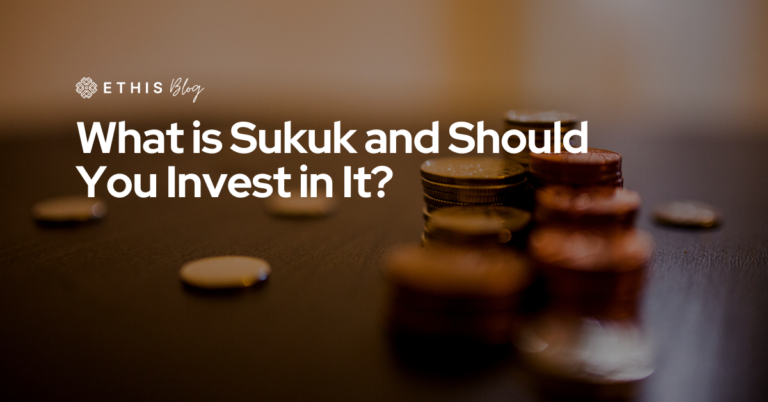




Top Posts
Islamic P2P Crowdfunding Explained
Halal Money Matters: How Muslims Can Balance Deen and Dunya with Smart Islamic Finance
Halal Investments for Singapore Muslims? It’s time for a shake-up in the Islamic Investments scene.
Smart investment for making Halal money
3 Reasons Why Property Crowdfunding is the Smart Investment for You